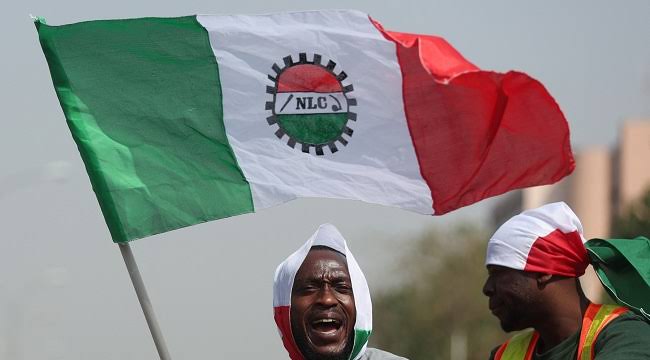The Nigerian Labour Congress, NLC, in Adamawa State, had shut down the regional offices of the Yola Electricity Distribution Company, YEDC, and the office of the National Electricity Regulatory Commission of Nigeria, NERC on Monday, May 13.
The State NLC Chairman, Emmanuel Fashe, who addressed members of the union at the premises of the picketed offices in Yola, had said that the action was to protest the high electricity tariff.
The Adamawa NLC Chairman had said that the tariff on Ban A had reached 300%, saying that the indiscriminate charges were more than the ability and capability of Nigerians.

Fashe also explained that categorising power supply into different bands was tantamount to promoting division among Nigerians, and an attempt to eradicate the middle class.
Meanwhile, Dauda Adamu, the Chairman of the Trade Union Congress, TUC, in the state, had appealed to the government to continue the subsidy on the cost of social services for the affordability of Nigerians.
He also blamed the high cost of living in Nigeria on the removal of fuel subsidy, insecurity and the various unpopular government policies, warning that in the next protest, all Nigerians will be mobilized to be involved, saying: “we are tired of this life of servitude.
What They’re Saying:
“Our action to picket these offices was sequel to the directive from our headquarters and it is a nationwide action,” Fashe had said.
“The tariff hike went from N65 to N223, which is far above the reasonable charges. The only services that were yet to be taxed by the federal government are the oxygen we breathe and the rainfall on our farms.” The State Chairman finished.
Why It Matters
This protest by the NLC in Adamawa State sends a powerful message about the burden of high electricity tariffs on citizens.
By closing down regional offices of the major electricity providers like YEDC and regulatory bodies like NERC, the NLC places emphasis on the urgency of addressing the rising costs faced by consumers.
Bottom Line
The widespread dissatisfaction conveyed in this protest shows the mounting frustration with government policies and a call for change to help alleviate the burdens of everyday life.

















